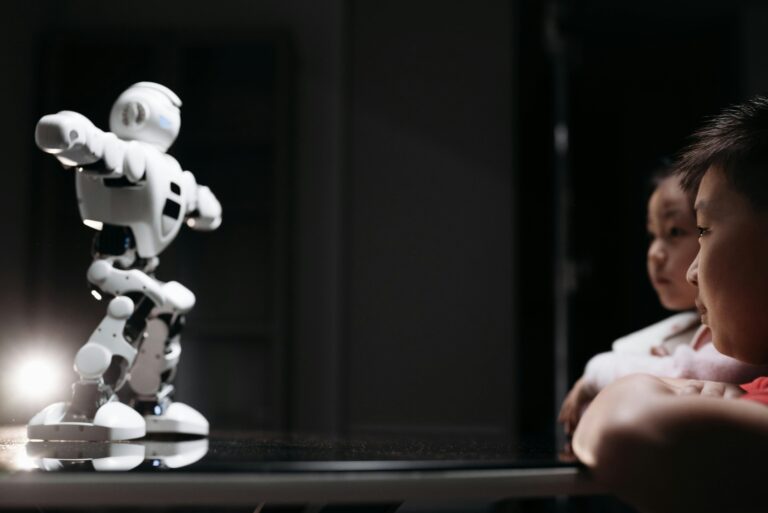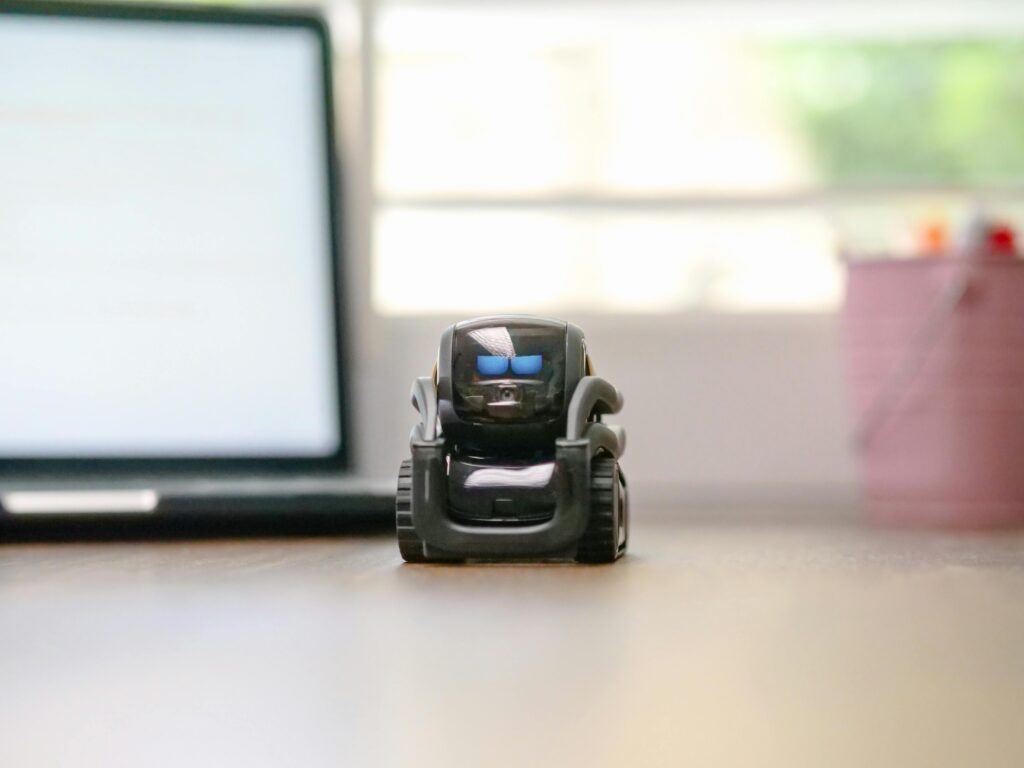Artificial Intelligence (AI) is transforming industries across the world. As we approach 2025, AI’s role in various sectors will evolve, influencing everything from healthcare to the job market. In this article, we’ll explore what AI in 2025 looks like, its impact on jobs, and how it will shape the future by 2030 and beyond.
1. What is the Future of Artificial Intelligence in 2025?
The future of AI in 2025 promises to be both exciting and transformative. Here are key trends expected in the next few years:
- Healthcare Revolution: AI will assist in diagnosis and personalized treatments. For example, AI-powered tools will enable quicker identification of diseases like cancer, providing patients with tailored care.
- AI in Education: Smart AI tutors will provide personalized learning experiences for students, adjusting lessons based on individual needs and progress.
- Transportation Advancements: Self-driving cars, trucks, and drones will become more common, significantly enhancing efficiency and reducing traffic accidents.
By 2025, AI will be more deeply embedded in everyday life, helping solve complex challenges and improving efficiency across various industries.
2. Will Artificial Intelligence Replace Jobs in 2025?
One of the primary concerns about AI is its potential to replace jobs. Here’s what we expect by 2025:
- Automation of Routine Tasks: Certain repetitive and mundane tasks in industries like customer service, manufacturing, and data entry will be automated. However, this will not mean widespread job loss.
- New Job Opportunities: As automation increases, there will be new opportunities in fields such as AI development, robotics, and data analysis. Workers will need to adapt and acquire skills to work alongside AI.
- Complementing Human Work: Rather than replacing humans, AI will augment human capabilities. For instance, AI will assist in decision-making, but humans will remain crucial for strategic and creative thinking.
AI will not fully replace jobs by 2025, but it will change how we work and the types of tasks we do.
3. What is AI 2030?
Looking beyond 2025, the future of AI in 2030 will be even more advanced. Key developments include:
- Human-AI Collaboration: AI in 2030 will facilitate collaborative work between humans and machines. This partnership will improve productivity and foster innovation across industries.
- Advanced Decision Making: AI will handle more complex decision-making processes, especially in medicine, engineering, and space exploration.
- AI in Sustainability: AI will play a critical role in addressing global challenges like climate change by optimizing energy usage and reducing waste.

4. Will AI Take Over by 2050?
By 2050, AI will be incredibly powerful, but the idea of AI “taking over” remains unlikely. Here’s why:
- Ethical and Regulatory Frameworks: Governments will introduce regulations to ensure AI is developed and used ethically. This will prevent any dangerous monopolies or misuse of AI.
- Augmentation Over Replacement: AI will enhance human capabilities rather than fully replace human decision-making. Experts believe humans will still be necessary for high-level thinking and ethical judgment.
- Human-AI Symbiosis: Instead of an AI takeover, there will likely be a symbiotic relationship between humans and AI, where both work together to achieve shared goals.
While AI will become more integrated into everyday life by 2050, it will not “take over” in the way some fear.
"The future of Artificial Intelligence isn't about machines replacing humans; it's about humans and machines collaborating to create a smarter, more efficient world."
Conclusion
The future of Artificial Intelligence is full of exciting potential. In 2025, AI will transform industries like healthcare, education, and transportation, while reshaping job markets and creating new opportunities. By 2030, AI will become more advanced, working alongside humans to tackle complex challenges. However, the fear of AI taking over by 2050 is largely unfounded, as ethical regulations and human oversight will ensure AI is used responsibly and ethically.



